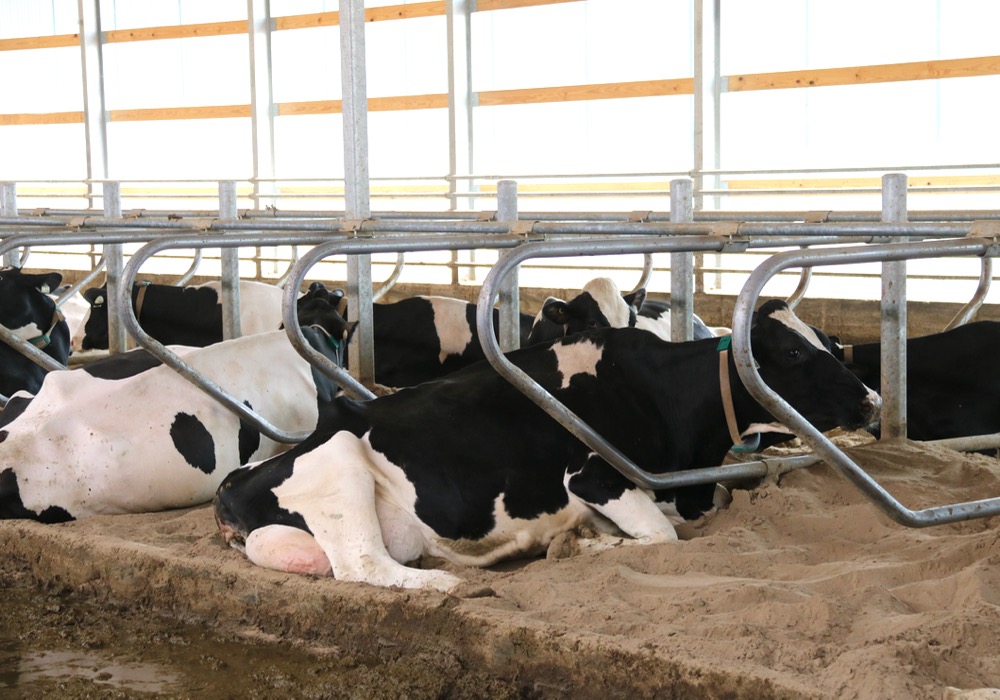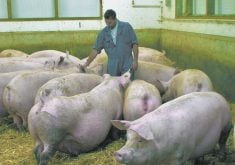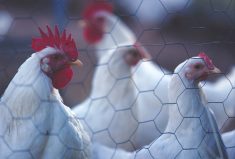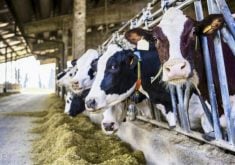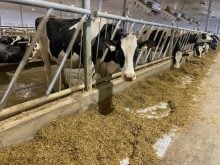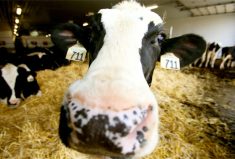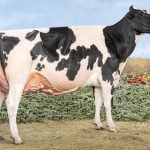The updated Code of Practice for the Care and Handling of Dairy Cattle is now available from the National Farm Animal Care Council (NFACC) and the Dairy Farmers of Canada (DFC).
It replaces its predecessor, developed in 2009, effective April 1, 2024 (unless indicated otherwise in Requirements with a later phase-in date). The 2009 dairy cattle Code will remain in effect until March 31, 2024.
“The new Code provides important updated standards for the welfare of dairy cattle in Canada,” said Dr. Jeffrey Rushen, Humane Canada representative on the dairy cattle Code Development Committee. “The requirements and recommendations are science-informed and will evolve the welfare practices of dairy farmers to better meet the needs of their animals.”
Read Also
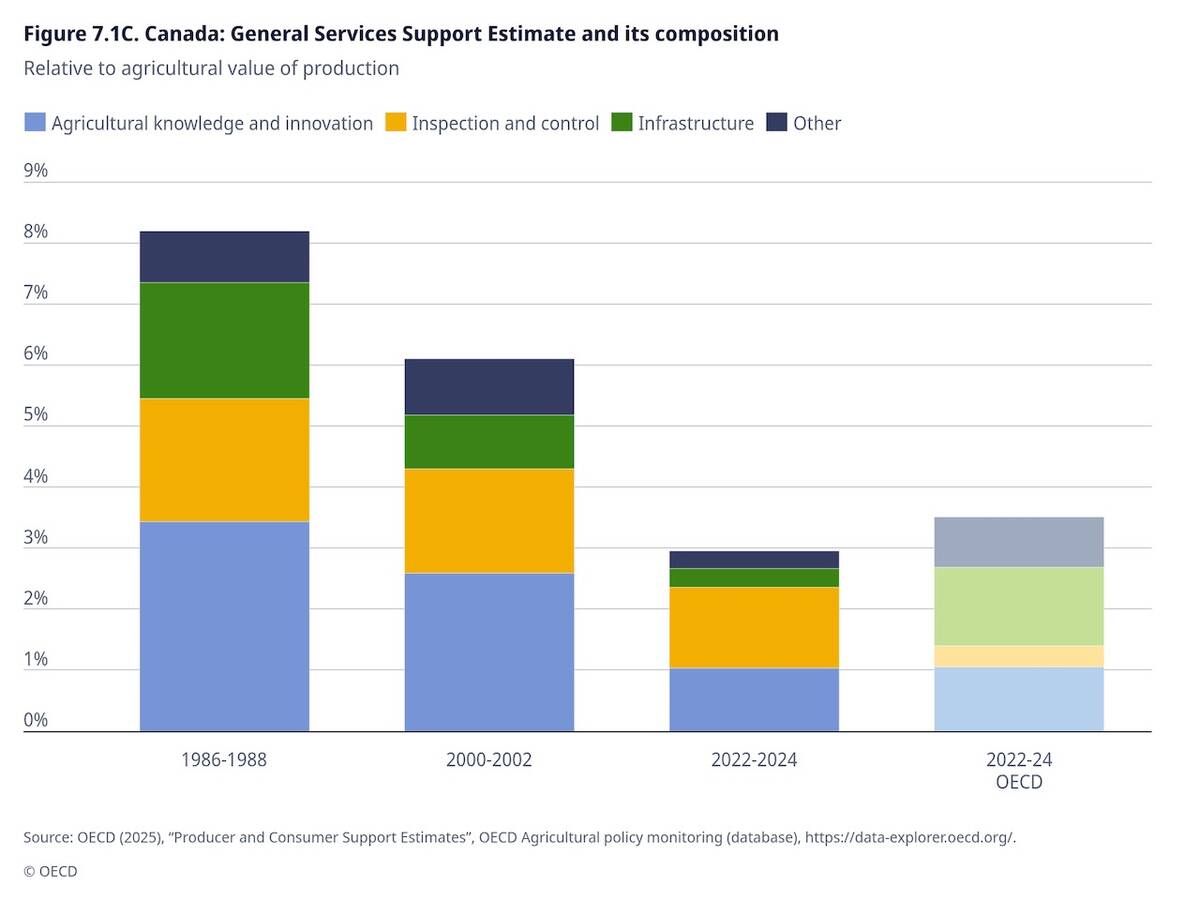
OECD lauds Canada’s low farm subsidies, criticizes supply management
The Organization for Economic Co-operation and Development lauded Canada’s low farm subsidies, criticized supply management in its global survey of farm support programs.
A What We Heard and How We Addressed It report from the Code Development Committee is available here. The report summarizes how input from the public comment period, and from a 2019 top-of-mind survey, was considered in finalizing the Code. Committee members thank everyone who contributed their feedback, which led to several improvements in the final Code. While not all concerns could be addressed, the Code Development Committee worked hard to balance producer achievability, available research, and stakeholder viewpoints in the Code’s development.
“Canadian dairy farmers care about protecting the health and welfare of their farm animals. This updated Code of Practice will help them continue to enhance the care and handling of animals while boosting consumer confidence that our food system is meeting the highest standards,” said Minister of Agriculture and Agri-Food, Marie-Claude Bibeau, in a news release.
Canada’s Codes of Practice provide critical guidance for the care and handling of farm animals. They serve as the foundation for ensuring that farm animals are cared for using sound management and welfare practices that promote animal health and well-being. Codes are used as educational tools, reference materials for regulations, and the foundation for industry animal care assessment programs.
NFACC’s Code development process is a unique consensus-based, multi-stakeholder approach that ensures credibility and transparency through scientific rigour, stakeholder collaboration, and consistency. The development of the Dairy Cattle Code was led by an 18-person Code committee that includes participants from across Canada including dairy farmers, animal welfare and enforcement representatives, processors, researchers, veterinarians, and government representatives.
Aiding in their work was a five-person Scientific Committee that included animal science and veterinary expertise in dairy cattle behaviour, health, and welfare. A public comment period was held from November 29, 2021 – January 27, 2022 to allow the public and all stakeholders to provide input.
According to the NFACC, Canada’s Codes of Practice are a powerful tool for meeting rising consumer, marketplace and societal expectations relative to farmed animal welfare. Codes support responsible animal care practices and keep everyone involved in farmed animal care and handling on the same page.
The Dairy Cattle Code was the first Code of Practice to be updated through NFACC’s Code process in 2009 and has now undergone its second update utilizing this process.
For more information on the Codes of Practice and NFACC’s Code development process visit www.nfacc.ca.



